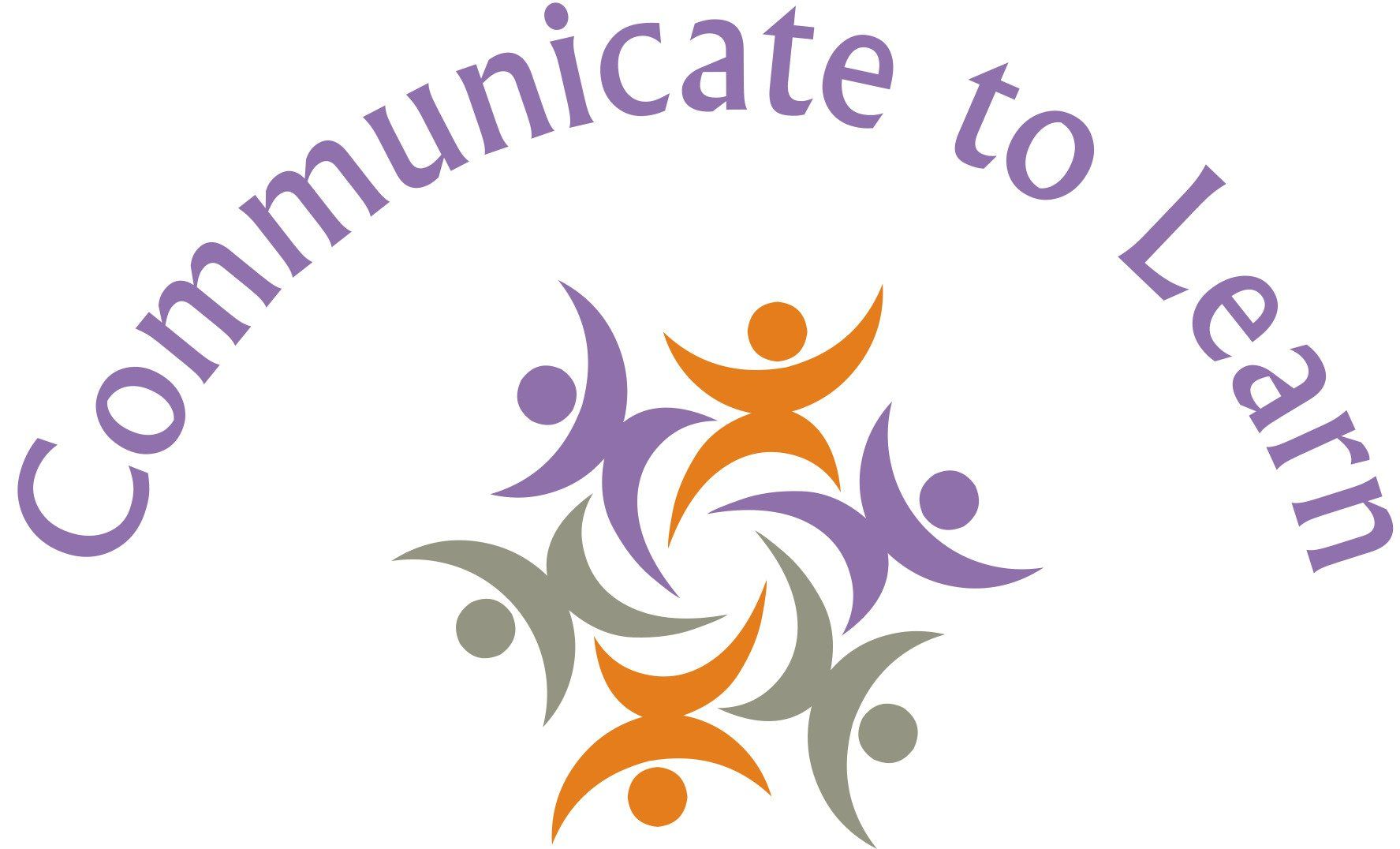Receptive Language
Receptive language or language ‘input’ refers to the understanding and processing of language. These skills develop by listening to verbal communication, accurately interpreting non-verbal cues and gestures and comprehending written language (reading). Our receptive language stores the structure for interpreting both oral and written language. The foundation of word knowledge is being able to comprehend spoken language and this is vital to understanding text and constructing a more robust
vocabulary that develops reading and writing skills.
Our receptive language skills enable us to attend and listen to the speaker, apply meaning to spoken words and to understand grammatical markers e.g. is the sentence a question? We then remember all of the information in enough time to allow the brain to process it so that we can respond appropriately. Whilst doing all of this we are continually interpreting non-verbal cues and gestures.
It is all about understanding
both verbal and non-verbal information.
When to be concerned
Child has difficulty sustaining attention with verbally presented information or in discussions.
Child has difficulty following and understanding text.
Child has difficulty understanding vocabulary and abstract concepts such as spatial (under, between), temporal (after, before), sequential (first, then, last) and qualitative (few, except).
Child has difficulty understanding and using complex grammatical language such as tenses.
Child has difficulty understanding non-literal language or ambiguous language.
Child is unable to remember and record information that has been verbally presented.
Child takes additional time to process what has been said.
Child has difficulty with verbal reasoning.
What to do
Gain attention by using the child’s name before giving an instruction.
Simplify language and consider the amount of words being used.
Explain the meanings of new vocabulary.
Explain idioms and non-literal language.
Give instructions in the order of the task.
Allow additional processing time (follow the
10 second rule).
Check understanding by asking the child to repeat back what they have to do.
How to assess Receptive Language Difficulties
Observation checklists can be accessed
through a number of online organisations such as The Communication Trust. School SENCos can provide more information on referring to SALT services.
Check out our RESOURCES page for more info
